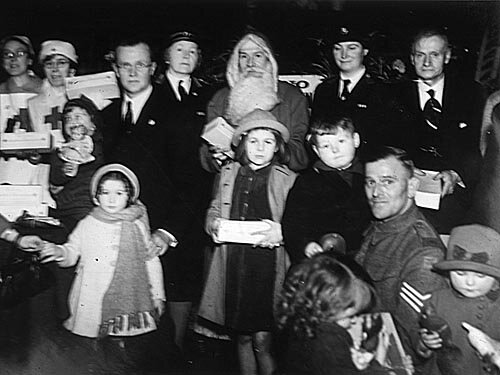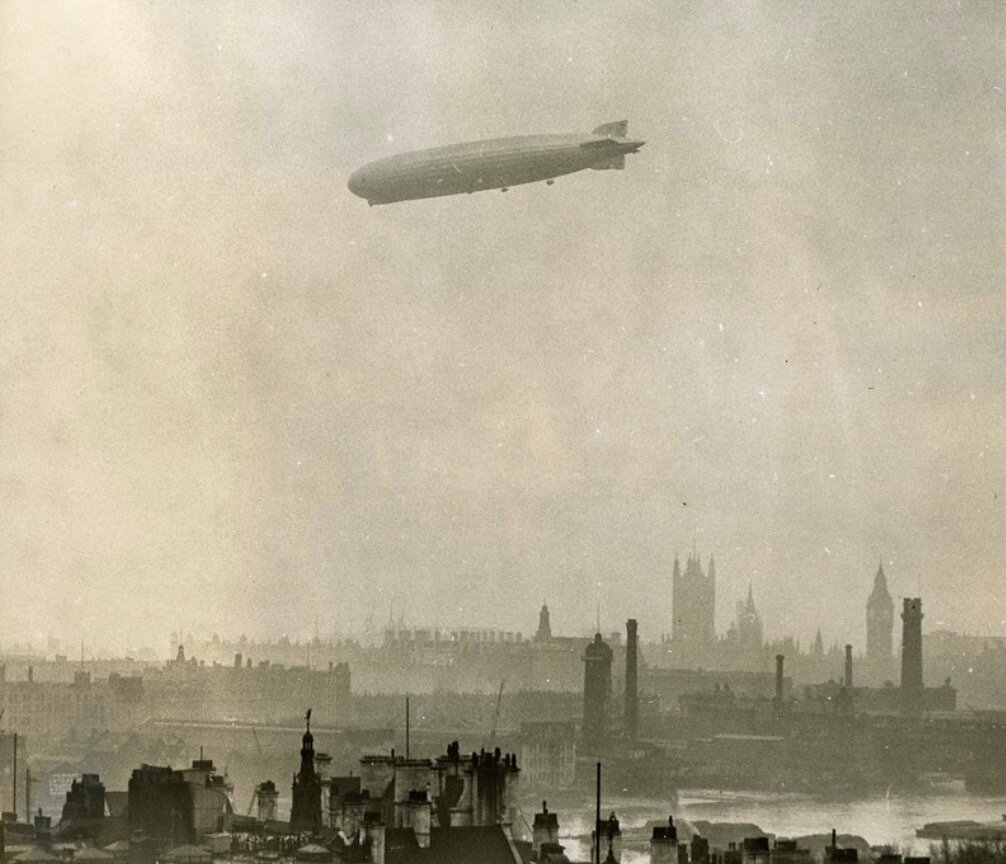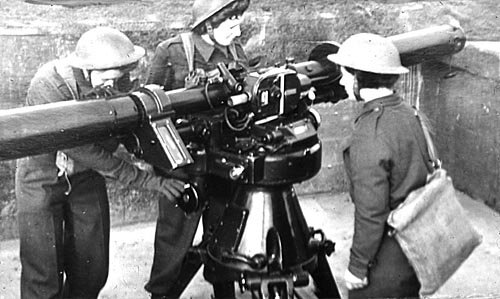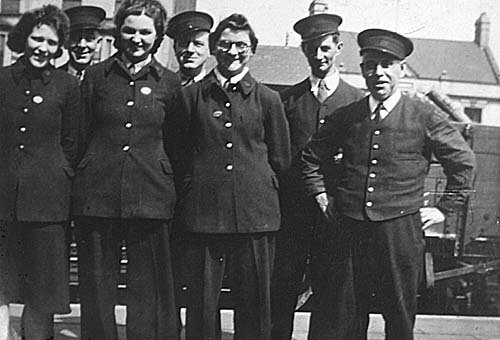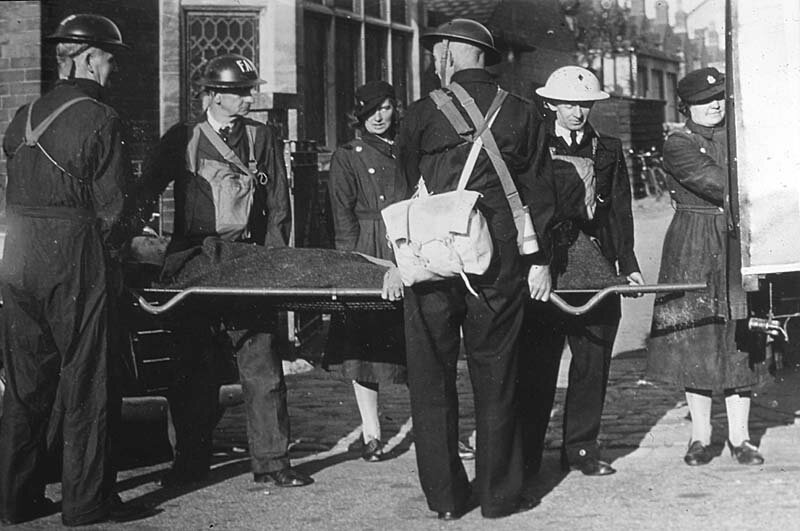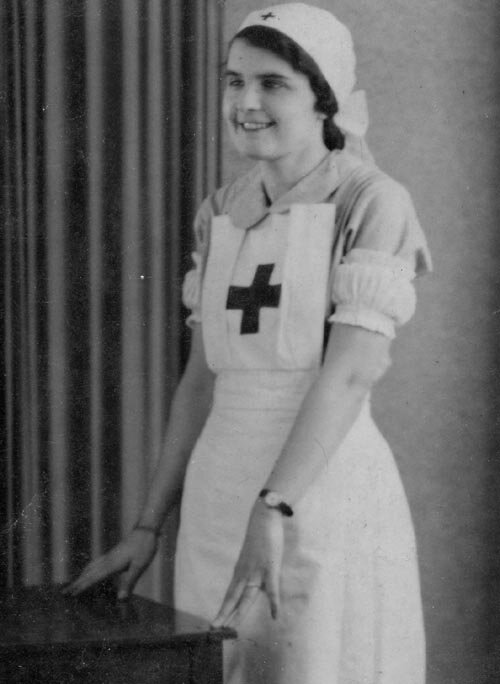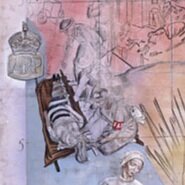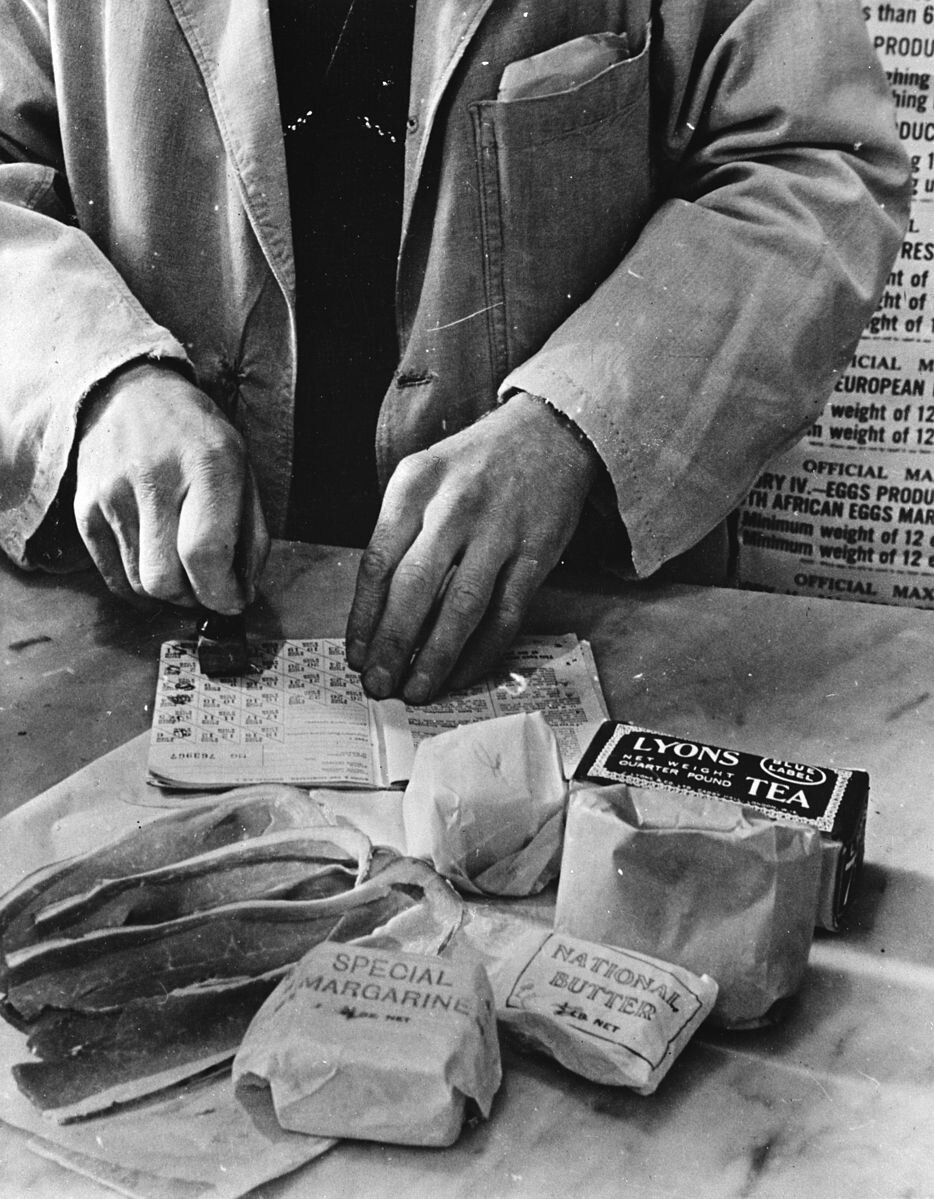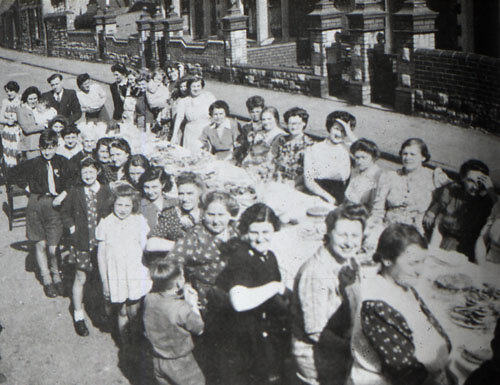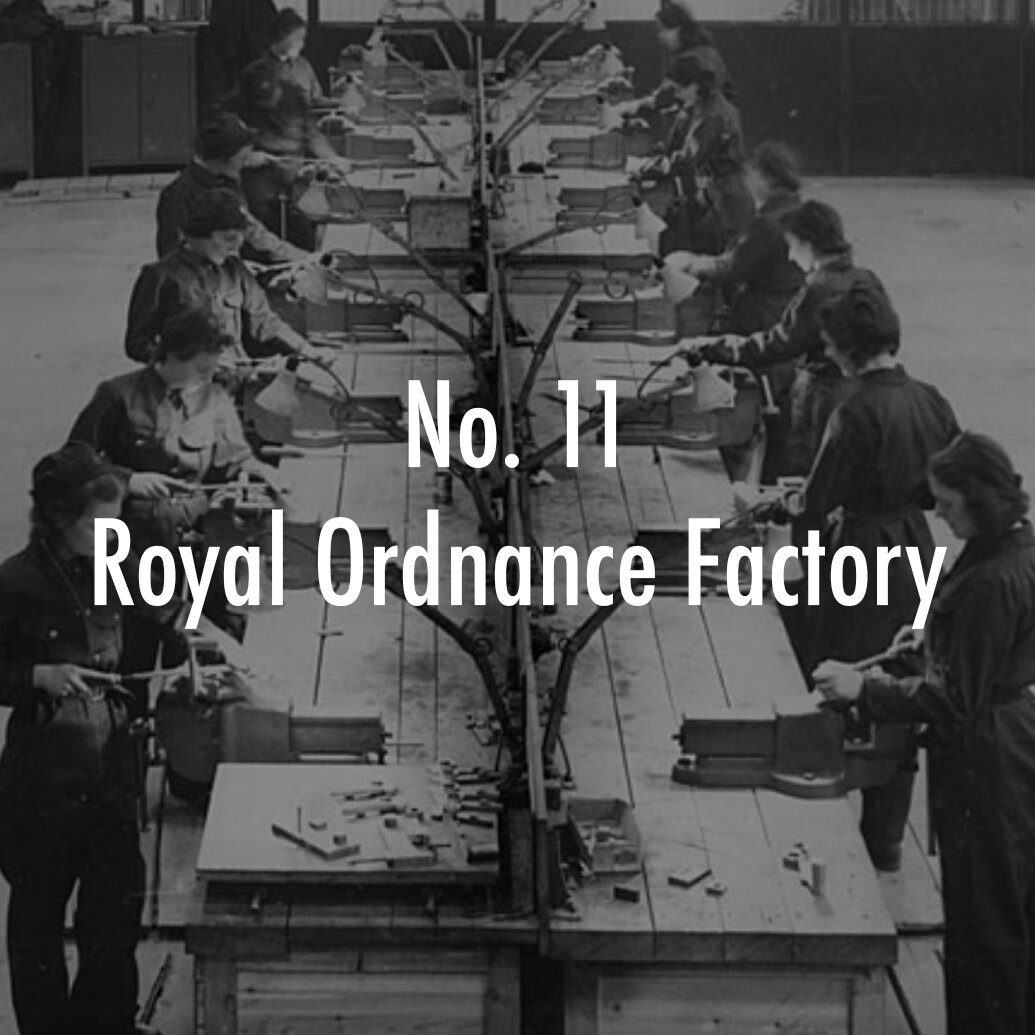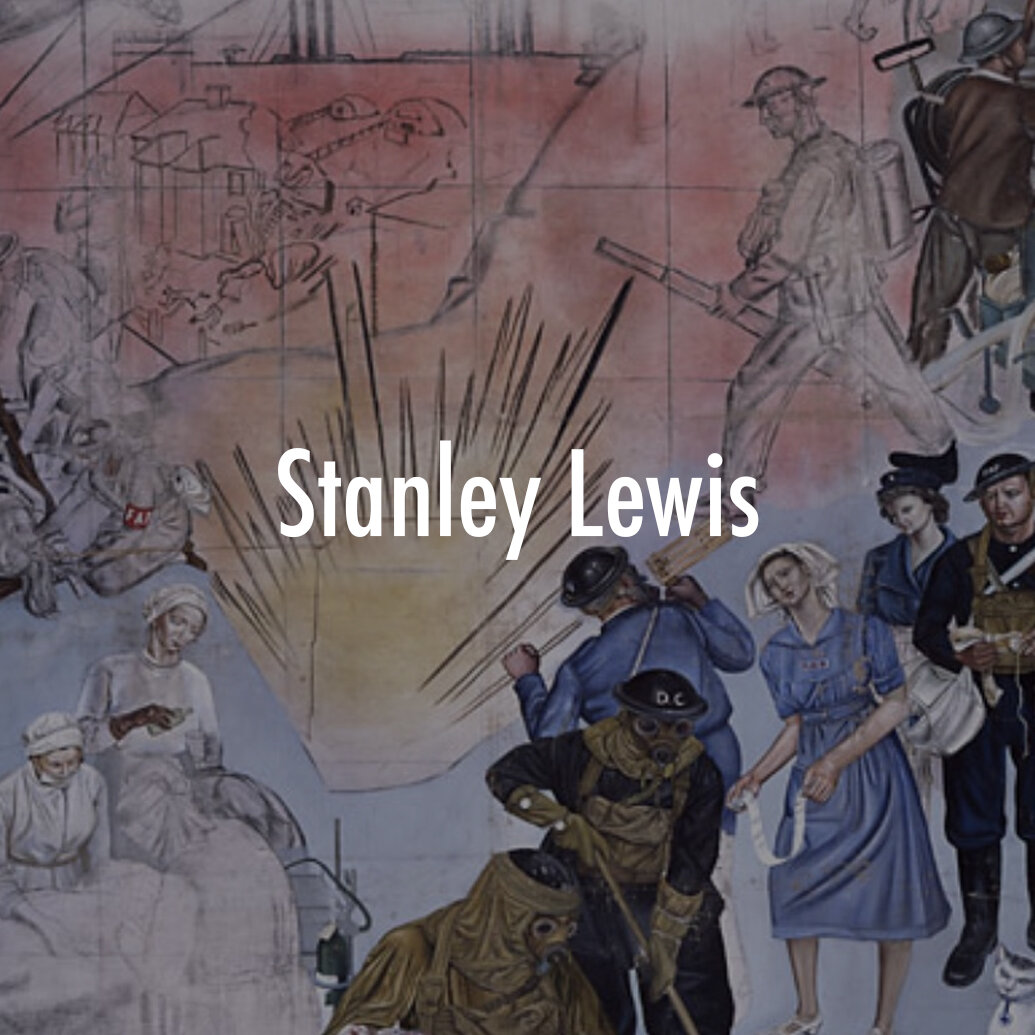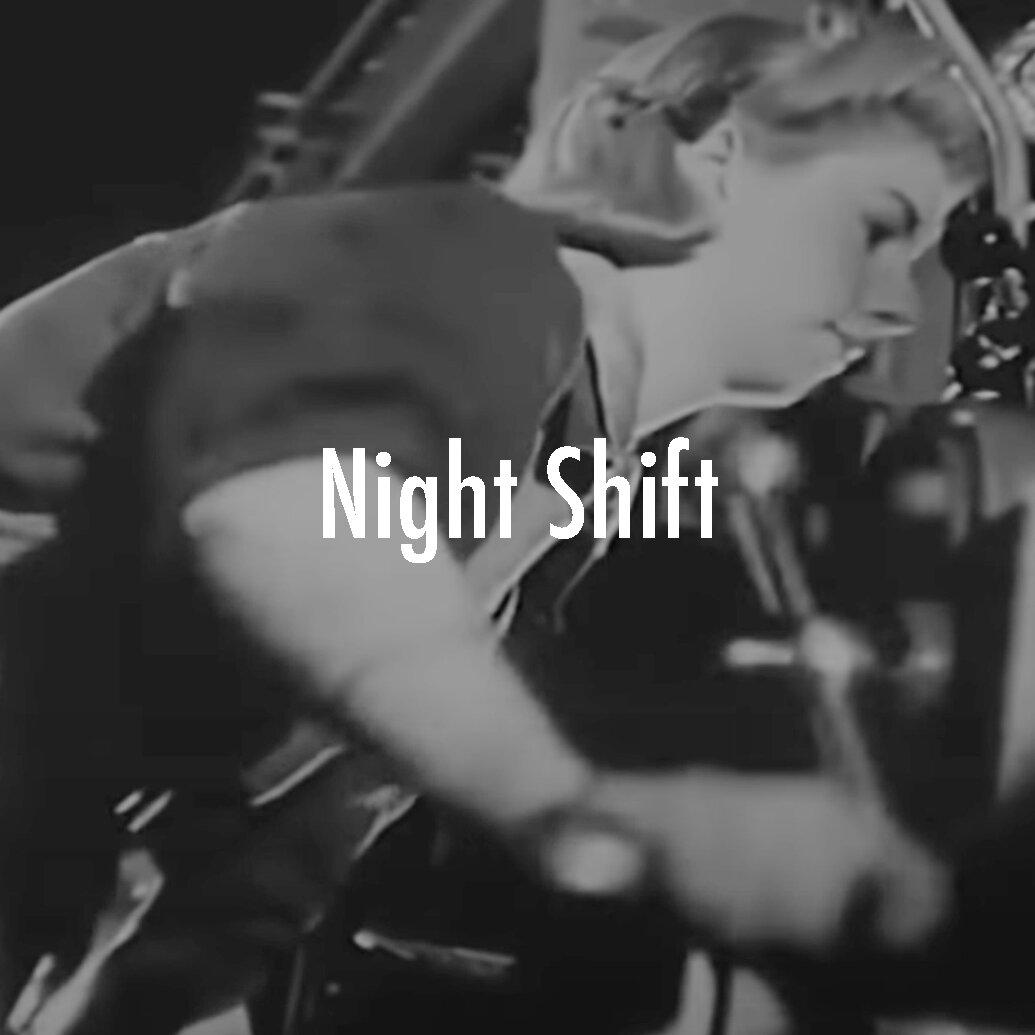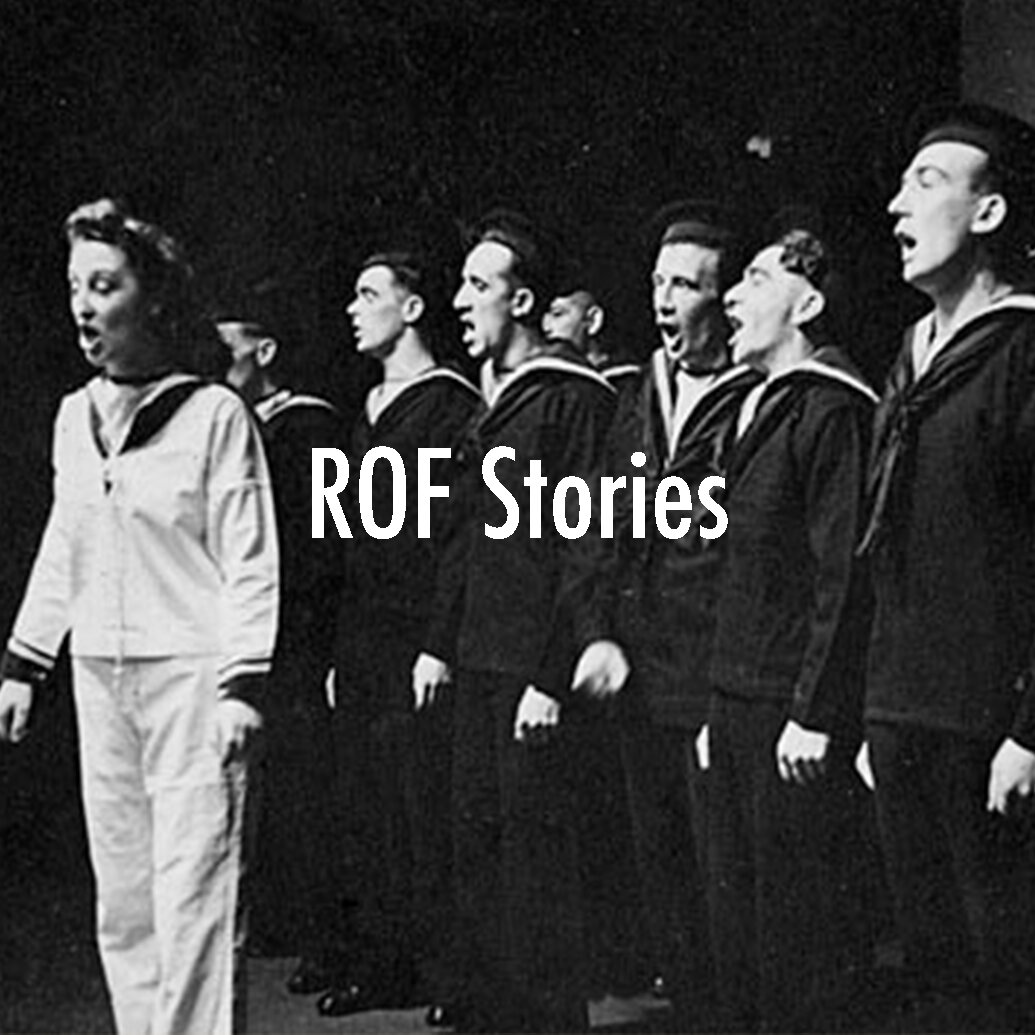Newport Stories:
Wartime Landlady
From the age of 16, John Sampson worked at the Number 11 Royal Ordnance Factory, Newport.
As a growing lad, food was important to him.
This is his story.
"The European conflict revived bitter memories for my second landlady, widowed and left with two small boys when her husband died in the trenches of the First World War.
The youngest boy, a merchant seaman, was a prisoner of war taken into captivity at the very beginning of hostilities. The declaration of war on 3rd September 1939 caught many British ships at sea or tied up in foreign ports.
The active war began at sea in 1939 with mine-laying submarines seeding shipping lanes or sinking unarmed vessels with gunfire. A large number sank in the North Sea alone before December 1939 was out.
My landlady’s son was to spend almost the entire war as a POW until repatriated in 1945. News of him was very sparse – the infrequent censored letter interspersed with many months of worry for the dear lady.
Small food parcels could be sent of homemade items such as Welsh cakes. Made with very little lard, and brick-like in texture, they would suffer rough handling during the very long journey.
The landlady and I were registered at a small general stores at the end of our street of mixed housing. Our two ration books now provided her with welcome additional volume of basics – butter, bacon and meats and when available, dried egg, spam, corned beef, dried fruit and jam, divided to each registered customer in strict rotation.
Ten shillings provided lodgings, laundry, linen changes and purchase of rations for one week. The landlady’s inventiveness provided a variety of diet for both of us, not to be found in Delia’s cookbook. Chopped spam developed into a Swiss roll shape with suet dough, wrapped in a cloth and boiled, then eaten hot or cold.
When available, a small hock of ham boiled with split peas in a muslin bag provided three meals, cold with tomatoes when in season. The split peas were now a ‘pease pudding’ – eaten cold with mashed swede, potatoes and Oxo gravy. A special treat for Sunday teatime was a tin of Cape of Good Hope ‘shark’ (barracuda) with a jacket potato done under the wood-burning fire if it was winter.
It was a tearful parting in December 1945 as I left this dear lady for Northern Ireland, but glad in other ways as now her son was home thankfully, after nearly six years behind the wire."
John Sampson, December 2004
Unfortunately, in 1943 I got appendicitis and went to Morecambe to recuperate with my future husband’s family. I worked in the Canadian Treasury, converting the pay of Canadian servicemen stationed in Britain into sterling.
In 1944, I came back to Newport to nurse at the Lydia Beynon Maternity Hospital [now the Celtic Manor Resort]."
- Vera Machell (nee Smale), 2005
